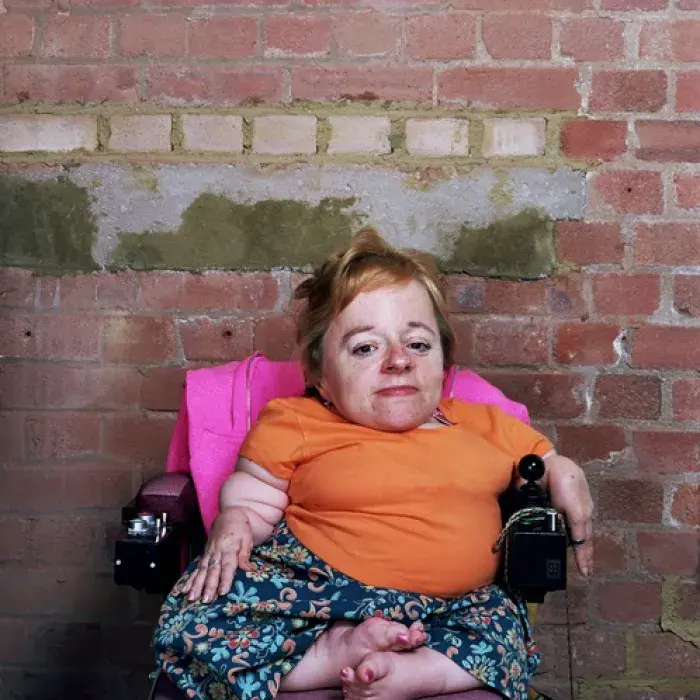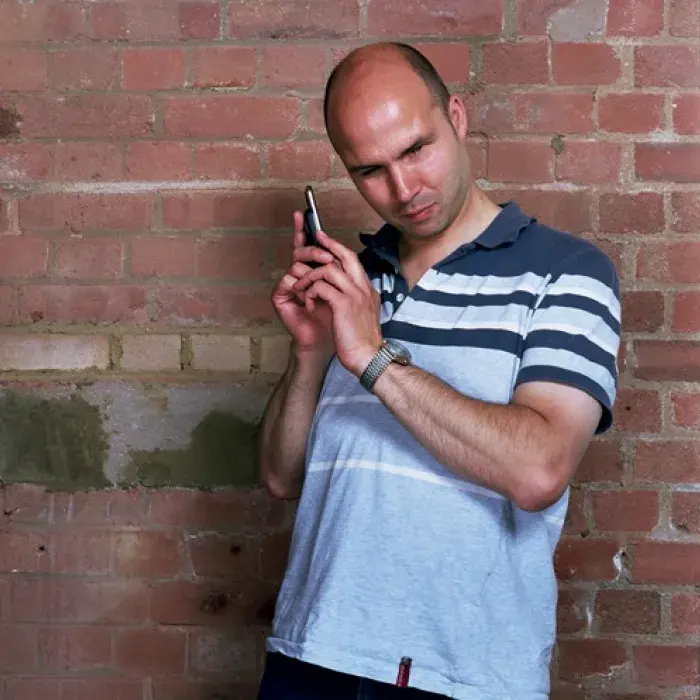These are the words of Sophie Partridge, a disabled focus group participant discussing the representation of disabled people, as part of a new exhibition at the Royal College of Physicians (RCP).
Re-framing disability: portraits from the Royal College of Physicians features 28 historical portraits of disabled people held within the RCP collections, set next to the images and voices of disabled people discussing the portraits and their identities today. The striking historical portraits show disabled men and women of all ages and from all sections of society, many of whom earned a living exhibiting themselves to the public.
Commenting on the historical prints and modern attitudes towards disability, focus group participant Sophie Partridge, said:
Now we have programmes … where [disabled] people are trying to prove themselves … a lot of it is about the normality thing, trying to prove, “Well I can do what … a normal person can do.” What if you can’t do any of that? Where does that leave you? Are you still a valid human being? But then what makes a valid human being … ?


Tim Gebbels also took part in the focus groups and whilst discussing contemporary views of disability said:
There was a programme about disabled people on television and … I heard the producer talking on radio. She was saying [that] … disability’s a very humorous sort of thing, [and] we need to give people license to laugh at it.
… why do we need to give non-disabled people license to do anything with it? I do feel this pressure all the time; if you’re blind you must produce funny stories about it. We are still required to define ourselves by our impairments and that’s all we’re supposed to be interested in.
The innovative exhibition tackles largely unchartered territory in combining both historical and contemporary analyses of the portraits which date back as far as 1634. One of the images depicts conjoined twins Chang and Eng Bunker (1811-1874) who famously left their native Thailand (Siam) to exhibit themselves across the world and gave the term ‘Siamese twins’ to popular culture.
The thought provoking exhibition raises questions such as:
Are we as curious about difference as we were 400 years ago?
Are there more positive images of disabled people today?
Do contemporary disabled people have more control over how they are represented?
Twenty-seven disabled participants from across the UK took part in focus groups to discuss the historical portraits and analyse modern day depictions of disability. Participants were invited to be filmed and have their photographs taken, the results of which now feature alongside the historical portraits. The photographic portraits were created by disabled photographer Lynn Weddle, who used a shutter release cable to give the sitter control over how they appeared on camera. A short film interviewing the participants was also created by Deaf film makers Ted Evans and Bim Ajadi.
Commenting on the exhibition, Bridget Telfer, project curator at the RCP said:
One of the aims of this project was to reduce the cultural invisibility of disabled people in traditional museum displays and to empower disabled people to take control of their own histories and identities. Audiences to the exhibition will hopefully question taken for granted stereotypes and engage with contemporary disability-related issues.
Re-framing disability: Portraits from the Royal College of Physicians will be at the RCP until 8 July 2011 and is presented in accessible formats including an audio description, audio points, tactile images with Braille, and also includes accessible events, such as a British Sign Language interpreted tour.
Visitor information
Booking is advised and groups of three or more people are by appointment only. Please contact 020 3075 1543 or heritage@rcplondon.ac.uk.
Venue: Royal College of Physicians, Regent’s Park, NW1 4LE
Dates: Until 8 July 2011
Times: Monday to Friday 9am–5pm (for late night and Saturday openings see below)
Cost: Free
Access: Wheelchair access; audio description; exhibition film with subtitles, British Sign Language interpretation and an audio described version; tactile images with Braille descriptions; audio points; large print images and text; the online version of the exhibition at is AA accessible.
